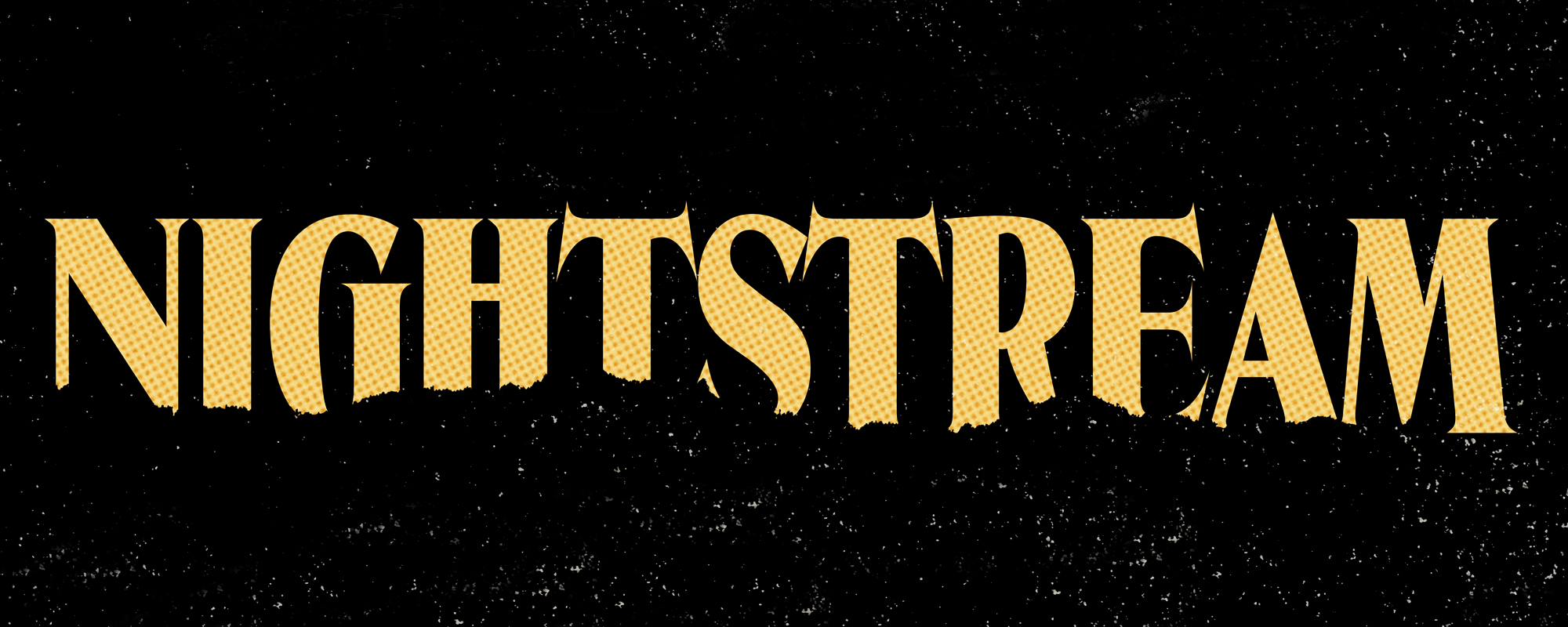

I think one of the things a lot of us believe growing up is that in general our parents know what’s best for us and usually act in a way that promotes our best interest. Sure, we might get pissy when we’re asked to do the dishes. And yes, it sucks that we can’t go out with our friends to a football game on Friday night because we have to stay home and watch our little sister. But as a whole, I think it’s reasonable to say that our parents usually know the deal.

In Run, Aneesh Chagnaty asks simply ‘yeah but like…what if parents don’t act in our best interest?’ It’s a simple but effective premise, and Chagnaty uses this question as a springboard into a tight and tense thriller that is ripe with paranoia and a creeping horror that would make Hitchcock proud if he was capable of admitting to feeling pride in someone else’s work.

Run focuses on Chloe Sherman, a high school student who, in addition to dealing with the “normal” fatigues of people her age such as getting accepted to her college of choice, is also wheelchair bound, asthmatic, diabetic, and inflicted with a whole host of other chronic illnesses. Nonetheless, Chloe (portrayed wonderfully by newcomer Kiera Allen) is driven in her mission to accomplish her goals. She is supported by her mother Diane (portrayed by the stellar Sarah Paulson) who speaks glowingly but evenly about her daughters struggles. In the opening scene, we meet Diane at a support group for parents with special needs children, and she describes Chloe as the single strongest person she’s ever met.

One day, amidst her rigorous and highly disciplined schedule of medications and tests, Chloe discovers that her mother has taped a label with her name on it over a bottle of meds with her own name on it. With this seemingly mundane but nonetheless ominous discovery, things rapidly come apart at the seams.

The first thing that really stands out is the pacing. This film goes. Once that first stray yarn comes free, Run relentlessly keeps pulling until the sweater is undone. It is unyielding and steady, and even though there’s no gore or physical violence, it is a very cruel film. Chloe is established as an extremely sympathetic character, and just as the audience is comfortably realizing they like her, Chagnaty begins putting her through the paces. And it doesn’t let up. There’s a twist in this film you can probably ascertain if you’re paying attention, but that’s not to say it’s a detriment to the rest of the film. Even if you know what happens, you’re still just as devastated as the characters are when it’s revealed. And it’s not even the most brutal part of the film. There’s a quiet nastiness to Paulson’s character, and I think the escalating cold and selfish way she acts and speaks is so unnerving it overshadows everything else in the film. There’s undeniably a core of “mother’s love” to what she does, but it’s draped in a clipped way of speaking, a tightness to her smiles, a hurried “that’s nice dear” to her daughter’s goings on. It’s almost an “uncanny valley” phenomenon, like watching a near perfect replica of a human being that believes itself to be human try and act like a human. It’s truly horrifying and breathtaking to watch.
There’ve been a lot of comparisons to Hitchcock with this film, and rightfully so. Once Chloe discovers the deliberately mislabeled medication, the film truly escalates into Hitchcock territory, complete with an overbearing mother, maladroit authority figures, and an increasingly inability to discern the truth of people’s intentions on Chloe’s part. What the film does to improve upon this formula is instead of a seemingly vacant female characters, Chagnaty gives us a frail but competent character with Chloe. Diane’s assessment of her being the strongest person she knows is not just an empty brag; in what was my own personal ‘holy fuck’ moment, Chloe proves she can be just as calculating and cruel as her mother, if not more so. She is, unlike a lot of Hitchcockian females, both a fleshed out and real character and someone who ought not to be messed with.
The love of a parent can be twisted into some truly awful forms, and the pain that it can inflict upon children is unspeakable. Run is a film about a mother’s love gone wrong in a ghastly but believable way and is near perfect in its depiction of how that love would come close to destroying a child. It looks into what could arguably be the purest thing in the world and turns into something abominable but realistic, repulsive but not cartoonish, and leaves us without any real sense of closure or resolution.




